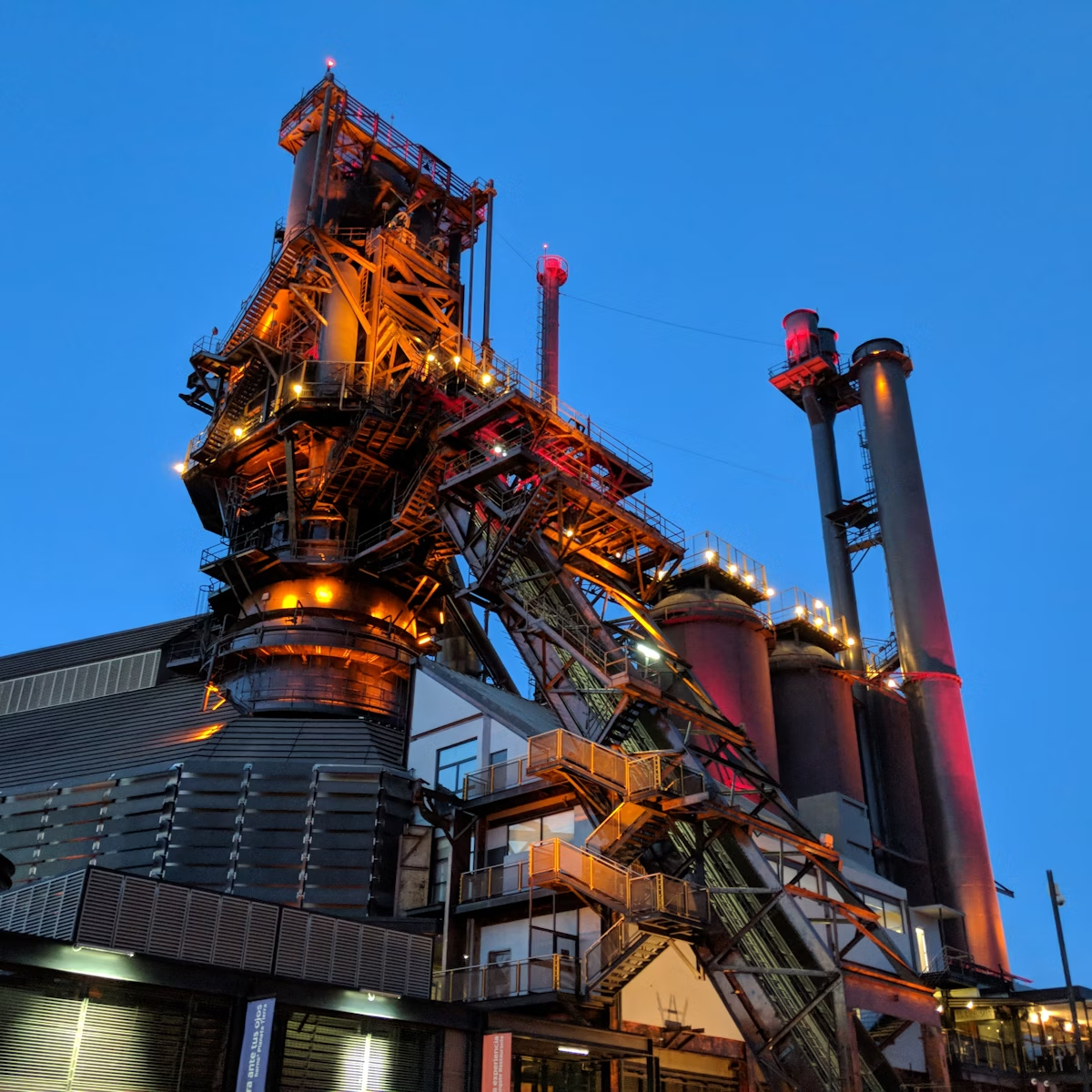A monument to Monterrey’s late-20th-century ambition, this city-block-wide series of interconnected squares, also known as the Gran Plaza, was created in the 1980s by the demolition of a prime chunk of city-center real estate. A controversial but ultimately successful piece of redevelopment, its charm has increased over the years as the once-naked urban space – said to form the largest public square in the world – has been softened by parks, trees and fountains.
Vistas of the surrounding mountains open up between the roster of iconic edifices – classically designed municipal buildings and incongruously modern structures housing some of Mexico's finest museums – that line the Macroplaza. For visitors, it's a delight to explore on foot, as most traffic is directed away from the area by underpasses.
At the southern end of the Macroplaza, the 70m concrete tower Faro del Comercio soars above the city, its green lasers piercing the night sky. The Faro abuts the baroque form of the Catedral Metropolitano de Monterrey, capped by a neon cross. North of here is a shady park, Plaza Zaragoza, popular with snacking families and smooching couples, and also the venue for open-air concerts and old-school Latin dancing every Sunday.
Continuing north, the rest of the Macroplaza is lined with a succession of concrete municipal structures. If you're a fan of brutalism, you'll love the Teatro de la Ciudad and its architectural cousin, the lofty Congreso del Estado. Then down some steps is the Explanada de los Héroes lined with statues, and finally the 1908 neoclassical Palacio de Gobierno.








